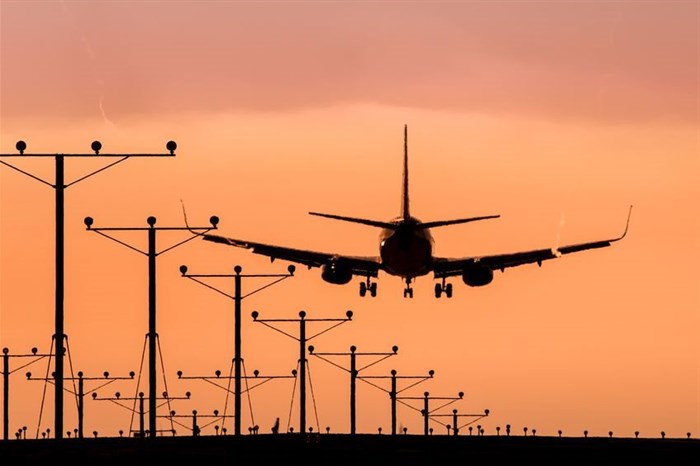






External pressures, such as the rising price of jet fuel, which has increased by over 116% over the past 12 months, as well as the political and socio-economic upheavals in the region, have also put the squeeze on the industry.
"We are in a fragile and vulnerable space and we urgently require governments to use the levers at their disposal to provide the relief that airlines need if they are to continue to provide the connectivity between markets that is the lifeblood of every modern, sophisticated and aspirational country," said Aaron Munetsi, Aasa CEO, who was addressing the body’s 51st annual general assembly online.
"With the right medicine, tough and bitter as it might sound, and appropriate interventions we can emerge as a fitter, stronger and more efficient industry. Unlike your doctor’s prescription, ours is clear and legible," he added
Urgent actions Aasa has identified include:
• The removal of barriers to trade and market access with the full implementation of the Single Africa Air Transport Market (SAATM) to support the Africa Continental Free Trade Area
• Financial relief for airlines by way of reducing or scrapping some taxes and statutory charges, fees and levies on air travel
• Standardising currently inconsistent Covid-19 travel and test requirements and reducing the costs of compliance which together are deterring intra-Africa and inter-continental travel.
• The appointment of South Africa’s international and domestic air services licencing councils – which have been without councillors since April. Without these functioning bodies, South African carriers cannot apply to open new routes, promote economic activity or create more jobs. And yet foreign airlines are increasing their operations to the country – an own goal.
• Proper planning with clear timelines and funding models for the transition to sustainable fuels in the region so that airlines can meet their 2050 net-zero emissions targets
• Finding ways to incorporate the progress made with the Carbon Tax initiatives in some countries whilst harmonising participation in the global carbon offsetting programme under the auspices of the UN’s International Civil Aviation Organisation (Corsia).
• Standardising charges for foreign operator permits, aircraft operating permits as well as removing the double-taxation on airlines and aircraft components by all African governments.
• Aligning legislation to adopt the 2001 Cape Town Convention on the ownership of moveable assets, which would immediately realise millions of dollars in savings for airlines (and other operators of mobile equipment) in the region
Aasa renewed its appeal to the region’s governments to prioritise support for their entire air transport and tourism industries, including private and public sector airlines, airports, air navigation services, ground handlers, safety regulators, suppliers and allied businesses.
"Because our industry is characterised by inter-dependence and we are highly regulated, it is for the good of all that our governments should take us along in their efforts to invigorate the economies because we are critical and indispensable partner who supports their efforts. Reliable, affordable and efficient air connectivity will help to ensure sustainable employment and a significant contribution to the GDPs of countries throughout southern Africa," explained Munetsi
Similarly, AASA reiterates its commitment to support efforts to persuade the remaining 20 of the AU’s 55 member states, to fully adopt the SAATM, which will see all African airlines able to compete freely across and throughout the continent.
"Whilst not ignoring the concerns of the countries that are yet to come on board, we take the approach that the benefits of SAATM must be fully explained to enable these countries to appreciate the positive contribution of fully liberalised aviation to their economies. It is imperative that we look for acceptable alternatives that can be rapidly implemented so that we can start seeing some results for the countries and airlines where SAATM is fully implemented," said Munetsi.